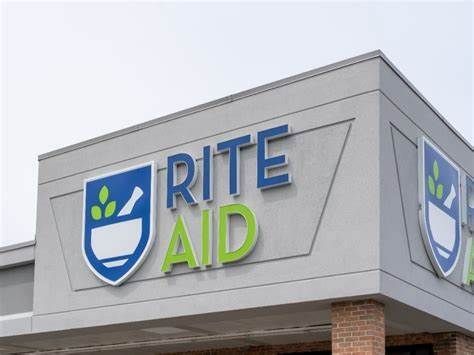Elimination of Credit History Screenings for Voucher Holders
In the ever-evolving landscape of California's real estate regulations, 2023 has ushered in a series of legislative updates that significantly impact the way property investors, owners, and professional property managers operate. Among these, the tenant screening process has undergone substantial changes, necessitating a strategic pivot for housing providers.
Understanding the Changes
The crux of the new tenant screening laws revolves around the use of financial and income standards, as well as credit history during the application process. Specifically, the law mandates that when assessing eligibility for rental housing, especially where government rent subsidies are involved, the portion of rent to be paid by the tenant must be the basis of financial evaluation. This shift aims to create a fairer system for applicants who may have lower incomes but are supported by subsidies.
Moreover, the law introduces an option for applicants to provide alternative evidence of their ability to pay rent, such as government benefit payments, pay records, and bank statements, in lieu of traditional credit history. This alternative must be reasonably considered by housing providers, thereby widening the pool of potential tenants.
Implications for the Real Estate Industry
For property managers and landlords, these changes mean adapting to new screening processes that may require additional administrative work and due diligence. The potential for fraud, particularly with reusable tenant screening reports, is a concern that needs to be mitigated through robust verification processes.
Investors and property owners must be cognizant of these laws to ensure compliance and to avoid the pitfalls of discriminatory practices, whether intentional or inadvertent. The laws are designed to protect tenants from discrimination based on income sources and credit history, which historically have been barriers for many seeking housing.
Strategic Adaptations for Compliance
To navigate these changes effectively, property management firms should consider the following strategies:
- Update Screening Processes:
Revise tenant screening protocols to align with the new laws, ensuring that the team is trained on the nuances of assessing government subsidies and alternative credit evidence.
- Enhance Verification Methods:
Implement additional measures to authenticate the validity of reusable tenant screening reports and alternative credit evidence provided by applicants.
- Leverage Technology: Utilize property management software to streamline the application process, maintain compliance records, and ensure a consistent approach to tenant screening.
- Educate Tenants: Provide clear information to prospective tenants about their rights and the new options available to them during the application process.
Looking Ahead
As California continues to champion tenant-friendly legislation, it's imperative for those in the real estate sector to stay ahead of the curve. The new tenant screening laws are a testament to the state's commitment to expanding housing access and equity. By embracing these changes, property managers and investors can not only comply with the law but also contribute to a more inclusive housing market.
Property Management Made Easy
Contact Us - Contact Page
We will get back to you as soon as possible
Please try again later
Los Angeles
1411 W. 190th St.,
Suite 225
Los Angeles, CA 90248
Temecula
41743 Enterprise Circle N.,
Suite 207
Temecula, CA 92590

P.O. BOX #1489
TORRANCE, CA 90505








